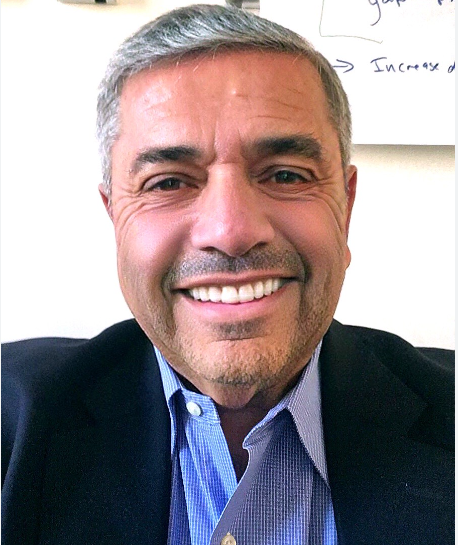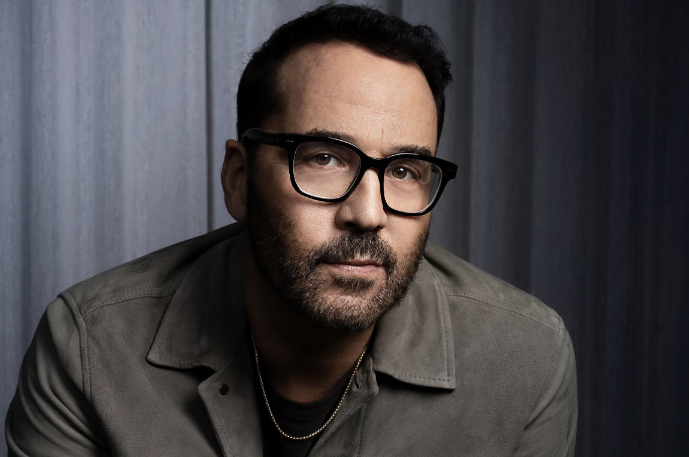
Dr. John Strobeck: How a Cardiologist Can Help You Prevent Heart Diseases
Introduction:
Cardiology is a specialized branch of medicine dedicated to diagnosing and treating diseases and conditions related to the heart, blood vessels, and blood. Dr. John Strobeck, a renowned cardiologist from New Jersey, plays a crucial role in helping patients prevent heart disease through lifestyle modifications and personalized care. This article explores how a cardiologist can assist in preventing heart diseases and promoting overall cardiovascular health.
Diagnosing Heart Diseases:
Cardiologists are experts in identifying and diagnosing heart diseases. Through a comprehensive evaluation, including a detailed medical history, physical examination, and specific diagnostic tests, they can accurately diagnose various heart conditions. By detecting heart diseases at an early stage, cardiologists can implement appropriate preventive measures and develop personalized treatment plans.
Recognizing Common Symptoms:
A cardiologist is skilled in recognizing the common symptoms associated with heart disease. Symptoms such as chest pain, left arm pain, shortness of breath, sweating, and palpitations should not be ignored. Consulting a cardiologist promptly when experiencing these symptoms is crucial for accurate diagnosis and timely intervention.
Recommending Preventive Lifestyle Changes:
One of the essential roles of a cardiologist is to educate patients about the importance of preventive measures to maintain heart health. They provide guidance on lifestyle modifications that can significantly reduce the risk of developing heart diseases. This may include recommendations for a heart-healthy diet, regular physical activity, weight management, smoking cessation, and stress reduction techniques.
Conducting Risk Assessments:
Cardiologists are trained to assess an individual’s risk factors for heart disease. By evaluating factors such as age, family history, blood pressure, cholesterol levels, and diabetes, they can identify individuals who are at a higher risk of developing cardiovascular problems. Based on the assessment, cardiologists can develop personalized prevention strategies and closely monitor high-risk patients.
Prescribing Medication and Interventional Procedures:
In cases where preventive lifestyle changes alone may not be sufficient, a cardiologist can prescribe medications to manage risk factors and control heart conditions. They are well-versed in the latest advancements in cardiovascular medicine and can recommend appropriate medications to address specific conditions. Cardiologists are also skilled in performing interventional procedures such as angioplasty, stenting, and other surgical interventions to treat severe heart diseases.
Conclusion:
A cardiologist plays a vital role in preventing heart diseases by providing comprehensive care, accurate diagnosis, and effective treatment. Dr. John Strobeck emphasizes the significance of regular heart check-ups, early detection of risk factors, and implementing lifestyle changes to maintain heart health. By collaborating with a cardiologist, individuals can receive personalized guidance, preventive measures, and appropriate interventions to reduce the risk of heart diseases and lead a healthy, heart-conscious life. Remember, taking proactive steps towards heart health can have a significant impact on overall well-being and longevity.




